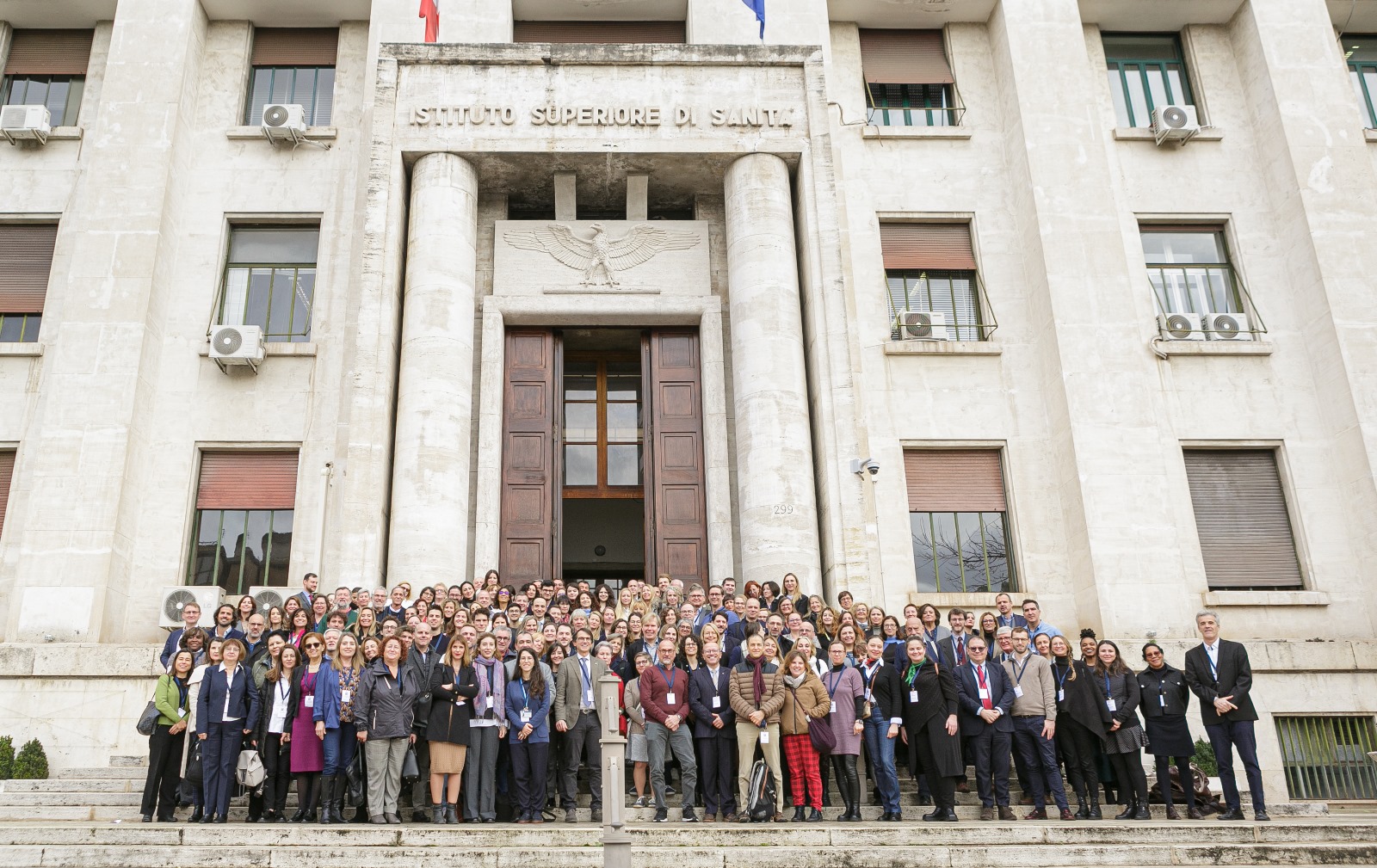CNIC and the i+12 Institute participate in the most ambitious EU project to reduce the burden of cardiovascular diseases and diabetes
CNIC and the i+12 Institute co-lead one of the working groups of this initiative.

The National Center for Cardiovascular Research (CNIC), a center under the Carlos III Health Institute (ISCIII), an entity attached to the Ministry of Science, Innovation, and Universities, and the Health Research Institute of Hospital 12 de Octubre (i+12), representing SERMAS, co-lead one of the working groups of the European Union's Joint Action "Joint Action on Cardiovascular Diseases and Diabetes (JACARDI)," which aims to reduce the burden of cardiovascular diseases and diabetes.
This new four-year project called was launched in Rome on 27 November 2023. This initiative, engaging ministries, public health bodies, non-governmental organizations, and universities, aims to assist European Union (EU) member states in reducing the burden of cardiovascular diseases (CVD), diabetes, and associated risk factors, both at the individual and societal levels.
Facing together a significant public health challenge
CVD remains the leading cause of death in the EU, affecting about 63 million people. The prevalence of diabetes has also risen dramatically, with the number of adults living with the condition nearly doubling in the past decade, reaching 32.3 million in 2019. These chronic diseases pose a significant threat to individual health and well-being, while also straining healthcare systems and hindering social and economic development.
A coordinated European response of unprecedented scale
JACARDI emerges as a unified European response to the growing challenge of CVD and diabetes. The project will focus on the implementation of proven and effective practices in the treatment of CVDs and diabetes through the execution of 143 pilot projects. JACARDI is coordinated by the Italian National Institute of Health (ISS) and has received €53 million in funding from the European Commission. The initiative brings together 21 European countries, including Ukraine, involving 76 partners and over 300 public health experts.
Objectives set to leave a lasting legacy
JACARDI will test and offer solutions throughout the entire patient journey, including prevention, early detection, treatment, care, and self-management in order to reach the following objectives:
- Enhance health literacy and raise awareness about CVD and diabetes among the general population.
- Implement effective primary prevention measures, screening and improved care pathways for CVD and diabetes among high-risk groups.
- Enhance self-management support, and labour market participation for individuals diagnosed with CVD and diabetes.
- Improve data availability, quality, and accessibility across the patient journey.
- Promote equity in access to healthcare services and information, ensuring that everyone has equal opportunities regardless of language proficiency, abilities, age, or life situation.
A commitment to healthier futures
JACARDI represents a significant step forward in the fight against CVD and diabetes in Europe. JACARDI's approach prioritizes addressing complex health challenges inclusively, with a focus on social and commercial determinants of health, cultural diversity, and equity. The project will identify key social dimensions of inequalities in CVD and diabetes, and a common methodology will be developed for implementation and evaluation of the pilot projects. JACARDI emphasizes local and transnational cooperation, knowledge-sharing and application, and endorses sustainable practices for impactful outcomes, including effective co-design between science and policy.
Furthermore, it promotes gender equity in public health leadership, advocating for a collaborative and inclusive governance model that empowers younger generations and fosters healthier, more resilient, and fair communities for millions of Europeans.
The National Center for Cardiovascular Research (CNIC) and the Health Research Institute of Hospital 12 de Octubre (i+12) - SERMAS will also participate in the design and implementation of 4 pilot projects addressing issues such as gender differences in health or self-care assistance in patients with CVD.
According to Héctor Bueno, co-director of the working group, coordinator of the clinical area of hospitalization and research at the Cardiology Service of Hospital 12 de Octubre, and leader of a research group at CNIC, "it is essential to create records that collect the necessary and updated information to understand the cardiovascular health situation of the European population, its determinants, and trends, allowing the definition of necessary policies and improvement actions and relevant research questions." On the other hand, Fátima Sánchez-Cabo, Head of the Bioinformatics Unit at CNIC, believes that "this initiative will provide us with the necessary tools to effectively apply artificial intelligence in cardiovascular diseases."











